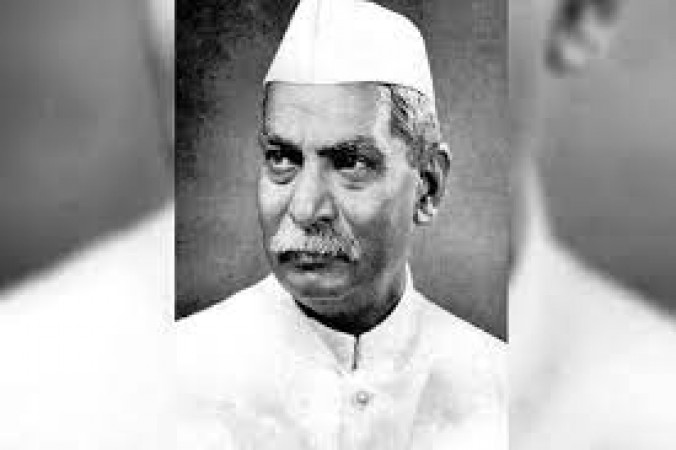
India's struggle for independence was marked by the efforts and sacrifices of numerous leaders, and one such prominent figure was Dr. Rajendra Prasad. He played a pivotal role in India's fight for freedom and later became the first President of independent India. This article delves into the life, contributions, and legacy of Dr. Rajendra Prasad.
Early Life and Education
Dr. Rajendra Prasad was born on December 3, 1884, in Ziradei, Bihar, India. He pursued his early education in his hometown and later attended the University of Calcutta, where he excelled in academics. He was deeply influenced by Mahatma Gandhi's ideology and principles of non-violence and civil disobedience.
Dr. Rajendra Prasad's Contribution to the Freedom Movement
Joining the Indian National Congress
Dr. Prasad actively participated in the Indian National Congress, India's leading political party fighting for independence from British rule. He was a brilliant lawyer and used his legal acumen to support the nationalist cause.
Non-Cooperation Movement
During the Non-Cooperation Movement initiated by Gandhi in 1920, Dr. Prasad advocated for the boycott of British institutions, including schools and colleges. He gave up his legal practice and dedicated himself entirely to the freedom struggle.
Civil Disobedience Movement
In 1930, Dr. Prasad joined Gandhi in the Civil Disobedience Movement, which aimed to challenge unjust British laws and taxes. He was arrested several times for participating in peaceful protests.
Quit India Movement
During the Quit India Movement of 1942, Dr. Prasad was imprisoned along with other leaders for demanding an end to British colonial rule. His commitment to the cause of independence remained unyielding.
Leadership and Achievements
President of the Constituent Assembly
Dr. Rajendra Prasad was appointed as the President of the Constituent Assembly, which was responsible for drafting India's Constitution. His leadership and impartiality were instrumental in shaping the foundational document of the nation.
The First President of India
On January 26, 1950, India officially became a republic, and Dr. Rajendra Prasad was elected as its first President. He took on this prestigious role with humility and dedication.
Role as the President of India
As President, Dr. Prasad emphasized the importance of unity and worked tirelessly to uphold the values enshrined in the Constitution. He acted as a unifying figure and successfully navigated the challenges faced by the nation during its early years of independence.
Dr. Rajendra Prasad's Legacy
Dr. Rajendra Prasad's legacy as a leader and freedom fighter remains etched in India's history. His commitment to non-violence, social justice, and democracy continues to inspire generations. He was a true statesman and a champion of the marginalized. Dr. Rajendra Prasad's contribution to India's freedom movement was invaluable. His leadership and principles of truth and non-violence played a significant role in shaping the nation's destiny. As the first President of independent India, he set a remarkable precedent for future leaders to follow.
Sony Bravia XR A80L OLED TV Impresses with Stunning Picture Quality and more
Browser Fingerprinting: The Unseen Tracker of Your Online Identity
SpaceX Falcon 9 Rocket Launch Causes Concern with Reported Ionosphere Hole